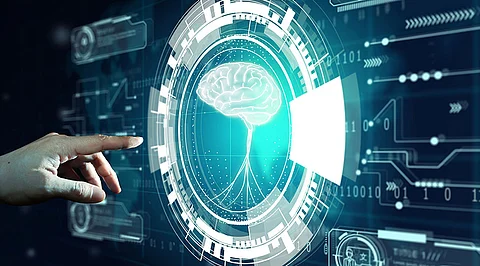

Many of the advancements associated with the healthcare sector would have been all but impossible to imagine only a handful of years ago. Not only have these methods helped to improve the prognoses of countless illnesses, but the providers themselves can now offer targeted solutions at the right times. Let us therefore examine how technology has impacted the industry as well as where we may be headed in the not-so-distant future.
Due in no small part to the impact of the recent pandemic, remote healthcare services are on the rise. In fact, a recent North America survey found that a surprising 74 per cent of all consumers would trust this approach when seeking professional medical advice. It is likewise important to observe that remote diagnoses are predicted to lower healthcare costs; excellent news for those who are gripped by fiscal woes.
Digital technology is now playing a pivotal role in regard to diagnosing and treating countless conditions. This has mainly come in the form of AI-based (artificial intelligence) algorithms. Here are some of the ways in which these impacts may be felt:
The primary intention behind these and other methods involves expediting many of the processes that would have had to be carried out manually in the past.
Using state of the art technology in healthcare has also helped revolutionise the surgery for patients receiving many different types of treatment. Laser vision correction has been around for over forty years and treatment has changed a lot since then. Where near-sightedness, astigmatism, and farsighted-ness were once believed to be untreatable, now they are treatable thanks to advanced technology.
Thanks to top technology, technicians are able to perform revolutionary procedures such as Lasek, Lasik, and Wavefront surgeries and treatments. Established and experienced eye specialists provide these types of laser eye surgeries to their patients in the United Kingdom.
Wearable gadgets such as smartwatches have become commonplace in recent times. This is why some individuals may take their advantages for granted. While able to perform everyday tasks such as monitoring heart rates and sleeping habits, these devices may offer even more healthcare-related benefits. A growing number are now being directly connected to care providers. In the event of a sudden illness or injury (such as if an elderly individual happens to fall while at home), emergency services will be notified. This offers potentially life-saving applications.
Many experts will argue that we are likely to witness a rise in the number of healthcare applications which can be downloaded with the click of a button. While there may be a concern in terms of incorrect self-diagnosis, the benefits seem to far outweigh the risks.
Digital technology should also be able to analyse big data in order to appreciate healthcare trends and the use of smart algorithms may even be able to predict future pandemics.
These are only a handful of observations which experts have noted. As digital technology continues to evolve, there is no doubt that even more impressive leaps forward are not far off.
Join our WhatsApp Channel to get the latest news, exclusives and videos on WhatsApp
_____________
Disclaimer: Analytics Insight does not provide financial advice or guidance. Also note that the cryptocurrencies mentioned/listed on the website could potentially be scams, i.e. designed to induce you to invest financial resources that may be lost forever and not be recoverable once investments are made. You are responsible for conducting your own research (DYOR) before making any investments. Read more here.
